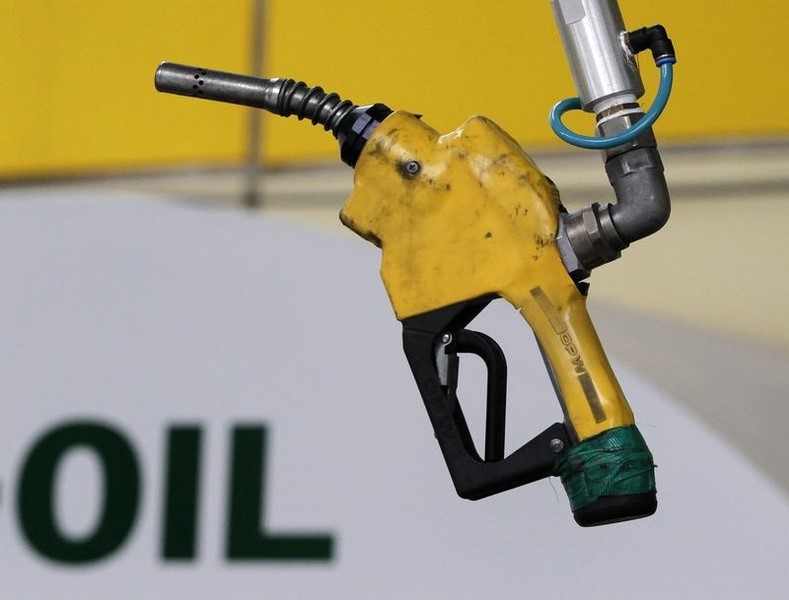By Jack Stubbs
LONDON (Reuters) - Brent crude prices rose above $58 a barrel on Monday after OPEC forecast demand for its oil would be greater than expected in 2015 and the number of U.S. oil rigs hit a three-year low.
The Organization of the Petroleum Exporting Countries (OPEC) forecast demand for the cartel's oil will average 29.21 million barrels per day (bpd) in 2015, up 430,000 bpd from its previous forecast.
In a monthly report issued on Monday, OPEC also slashed its forecast for the rate of growth in non-OPEC supply, citing a slowdown in the U.S. shale boom and lower capital investment by energy firms.
The number of rigs drilling for oil in the United States fell to 1,140 last week, the lowest since December 2011, as producers feel the pressure of low oil prices, which have tumbled more than 50 percent since June.
Global benchmark Brent crude oil for March was up 35 cents at $58.15 a barrel by 1305 GMT after rising as high as $59.06 earlier in the session. U.S. crude was up 75 cents at $52.44 a barrel, having hit a session high of $53.40.
"OPEC was much too optimistic on non-OPEC supply," Carsten Fritsch, senior oil and commodities analyst at Commerzbank in Frankfurt, told the Reuters Global Oil Forum.
"It is reasonable to cut supply growth outside OPEC, given the recent developments in the U.S. rig count," he said.
Stronger-than-expected growth in U.S. jobs in January also helped support oil and further fuelled a recent rally in prices.
Brent rose more than 9 percent last week, its biggest weekly rise since February 2011. The North Sea oil futures contract has climbed almost 30 percent since hitting a five-year low of $45.19 in January.
Analysts said signs of an economic slowdown in China were unlikely to derail the price recovery.
"I think we'll get a bit of a pullback. But will it send prices back to the lows? I'm not convinced about that," said Michael Hewson, chief market analyst at CMC Markets.
"We've had such a strong decline that some sort of bounce back is inevitable."

China's trade performance slumped in January, pointing to lower fuel demand in the world's biggest energy consumer. Exports fell 3.3 percent from a year earlier while imports tumbled 19.9 percent, highlighting a deepening slowdown.